What Happens To Your Body When You Run 5km?
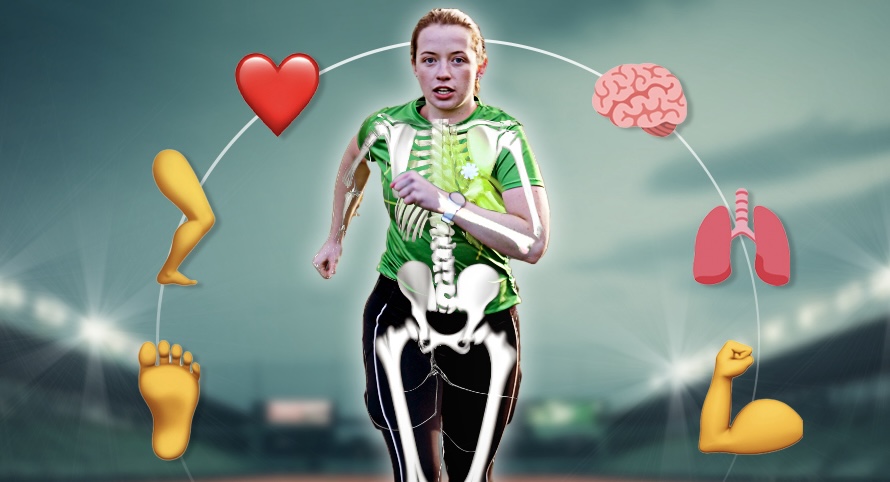
From your muscles to your mood, this is everything that happens to your body when you run 5km – and how you can help your body recover when the run is over.
Ready… Go!
YOUR MUSCLES START WORKING
You should begin with a warm up before your run, including some mobility exercises and drills, as these will help to get your body ready to move. When you start running, lots of different muscles will be activated, and each one has a different role to help you move forward.
Your leg muscles do most of the work when you’re running, from your feet, calves, quads, hamstrings, glutes, hip flexors, plus the abs and even some in the upper body (plus the heart of course, but we’ll look at that separately).
The quads, which are a group of four muscles making up the thigh, flex the hip and extend the knee, helping to stabilise and absorb the impact as your feet land on the ground. Then as your feet swing back, the quads help to drive the leg through.
The hamstrings are three large muscles that run down the back of the upper leg. When running they help to control hip and knee movement and assist each time you push off from the ground.
In the lower leg, your calf muscles absorb impact on landing and then propel you forward. The big muscle in the back of the upper calf is the gastrocnemius and it flexes the knee and plantar flexes (points down) the foot. The gastrocnemius is predominantly made up of fast twitch muscle fibres so it’s capable of delivering huge amounts of power as you run. Also in your calf is the soleus, which is wider and flatter and sits deeper and lower than the gastrocnemius. The soleus is more of a slow-twitch muscle, so is built more for endurance.
Your hip flexors help to bring the knee up and forward on each stride, while your glutes provide strength and stability all through your midsection, and help to generate power as you run faster.
Moving up, and while they might not be the main running muscles, the abdominals are very important as they help to stabilise you as you run and maintain good running form. Then in the upper body, your shoulders and back work together to swing your arms which help drive momentum in your legs.
If there’s one thing to takeaway from this it’s that doing strength work is helpful for running! Muscles all over the body are working hard whenever we run, so it’s time to hit the gym.
YOUR LUNGS AND HEART WORK HARDER
Your lungs bring oxygen into the body for energy. When you run a 5k, or do any exercise where your muscles work harder, your body needs more oxygen. As that exercise gets more challenging, we breathe quicker and deeper to ensure we’re bringing in enough oxygen.
If you want to know more about breathing when running, then check out this video!
Oxygen moves into the bloodstream and is pumped around the body by the heart, which is another very important muscle that starts to work harder when we run.
As the blood moves around our body, red blood cells carry the oxygen to the muscles. To deliver oxygen quicker, your heart contracts faster to increase blood circulation, which gives you a higher heart rate that stays elevated for as long as you’re out running. The harder you run, the faster your heart beats to ensure the muscles get the oxygen they need. As part of this process, the muscles produce carbon dioxide which the blood removes.
Your heart also pumps other important things around your body like water which we eventually sweat out (more on this later!).
The fitter you get, the more efficient your body gets at utilising oxygen (learn more about VO2 Max here) and that makes harder efforts feel easier (basically our maximum heart rate remains the same, but we’re able to work harder and run faster below that maximum).
YOUR BODY USES FUEL
To be able to run in the first place your body needs a source of fuel.
When you’re running, your muscles use carbohydrates and fat as fuel. Carbs are broken down into simple sugars called glucose, which are then stored in the muscles (and some in the liver) as glycogen – think of it like our petrol tank and the body holds a finite amount of glycogen to keep us going.
The rate at which glycogen is depleted depends on the intensity and duration of your run, but you won’t use all your glycogen on a 5k run as we store up to around 2,000 calories worth of it, but it becomes more relevant on long runs and marathons (we ‘hit the wall’ when we run out of glycogen, which is why runners take energy drinks and gels during long runs).
You shouldn’t need to fuel mid-run for a 5k. But if you’re running for an hour or more, consider taking on 30-90g of quick-release carbs (like energy gels or drink), every hour to help sustain you. It’s a good idea to have a snack before you run.
And here’s our guide to what to eat before running to make sure you’ve got enough energy in your muscles before you begin running.
YOU START TO SWEAT
As your breathing increases along with heart rate, your body warms up. It doesn’t want to overheat, so to stop that happening it begins to sweat. Water is carried in the blood and the body pumps more of it towards the skin, where sweat ducts pull the water out of the blood and onto the skin where it evaporates, which helps cool us down.
The longer you run, or the hotter the weather is, the more you’ll sweat. If it’s particularly hot, or you’re on long run, then you might want to take water and electrolytes with you. Here’s a guide to electrolytes and running and how to carry water when you run.
YOU FEEL GOOD (HOPEFULLY!)
As you’re running your 5k, your body will start to release natural chemicals called endocannabinoids, which give you that ‘runner’s high’ feeling that you may have heard about, and which until fairly recently was attributed to endorphins. It’s a short burst of exercise euphoria that helps you feel good and relaxed.
This release of chemicals in the body can also stop you from feeling muscle pain while you run, which helps you to keep going to the end.
Watch Sarah and Mo’s deep dive on all things ‘runner’s high’ in this video.
AND WHAT HAPPENS WHEN YOU STOP RUNNING?
You’re done! You feel good for finishing your 5k and within about 10 minutes you’ll notice your breathing return to normal and your heart rate go back down to a regular rate, and you’ll also stop sweating.
Now is a good time to rehydrate, especially if it’s hot (and don’t forget to add electrolytes!) and eat something to refuel after your run – focus on a balance of protein and carbohydrates after a run.
Then, thanks to those ‘feel good’ endocannabinoids released by your body during your run, you’ll feel more energised and be in a better mood, which is always a good thing, and you’ll experience neurological perks such as improved memory and focus, and a better ability to switch between tasks, which is especially useful during the working day!
Later in the day, or over the coming days, you may feel soreness and aches in the muscles, which is because exercise causes micro-tears in the muscle. Your body will start to repair these after your run, and they’ll grow back stronger, helping you feel fitter.
***
Our bodies do a lot both during and after a 5k run and if you want to know more then here’s Sarah and Mo talking all about what happens to your body when you run!

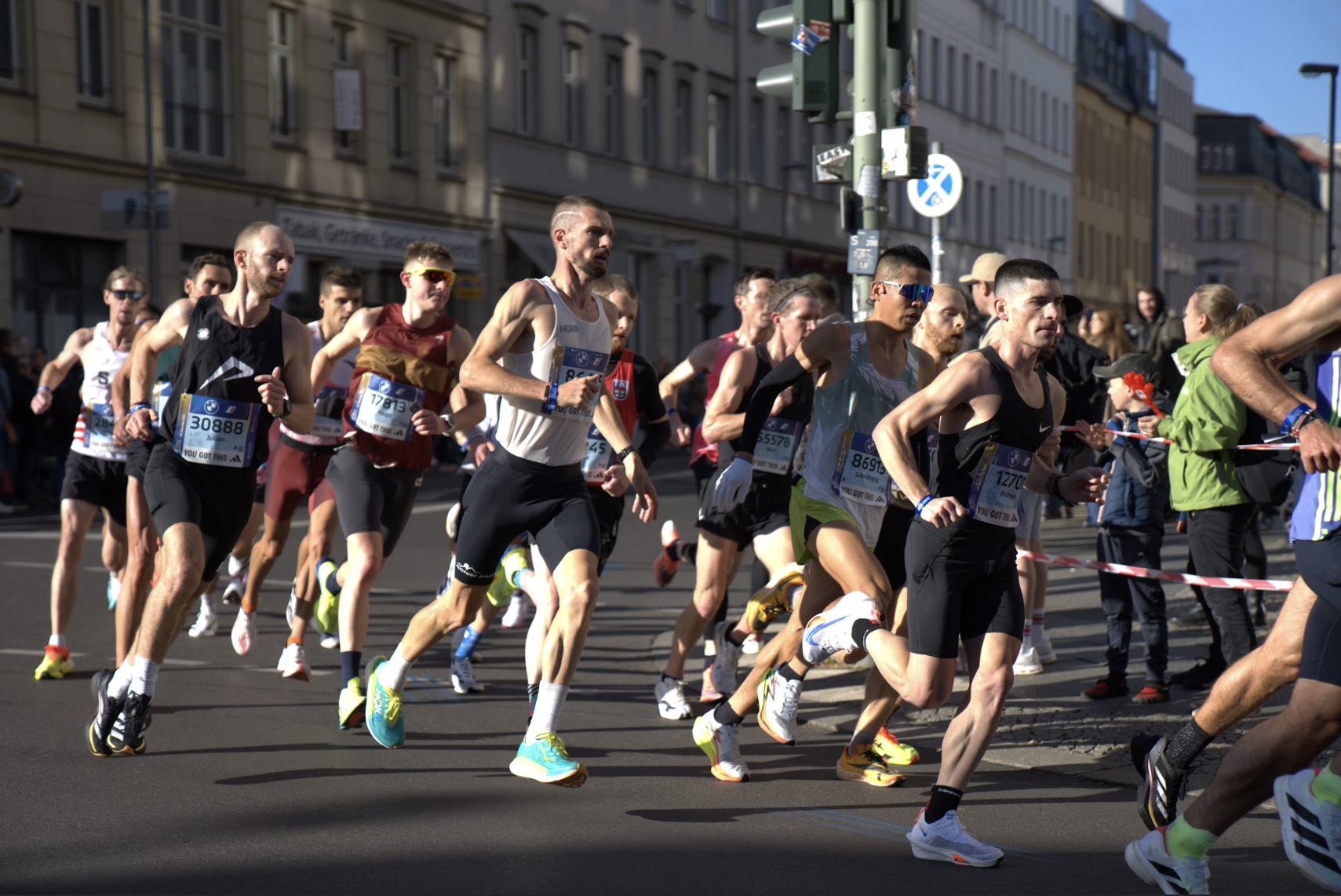
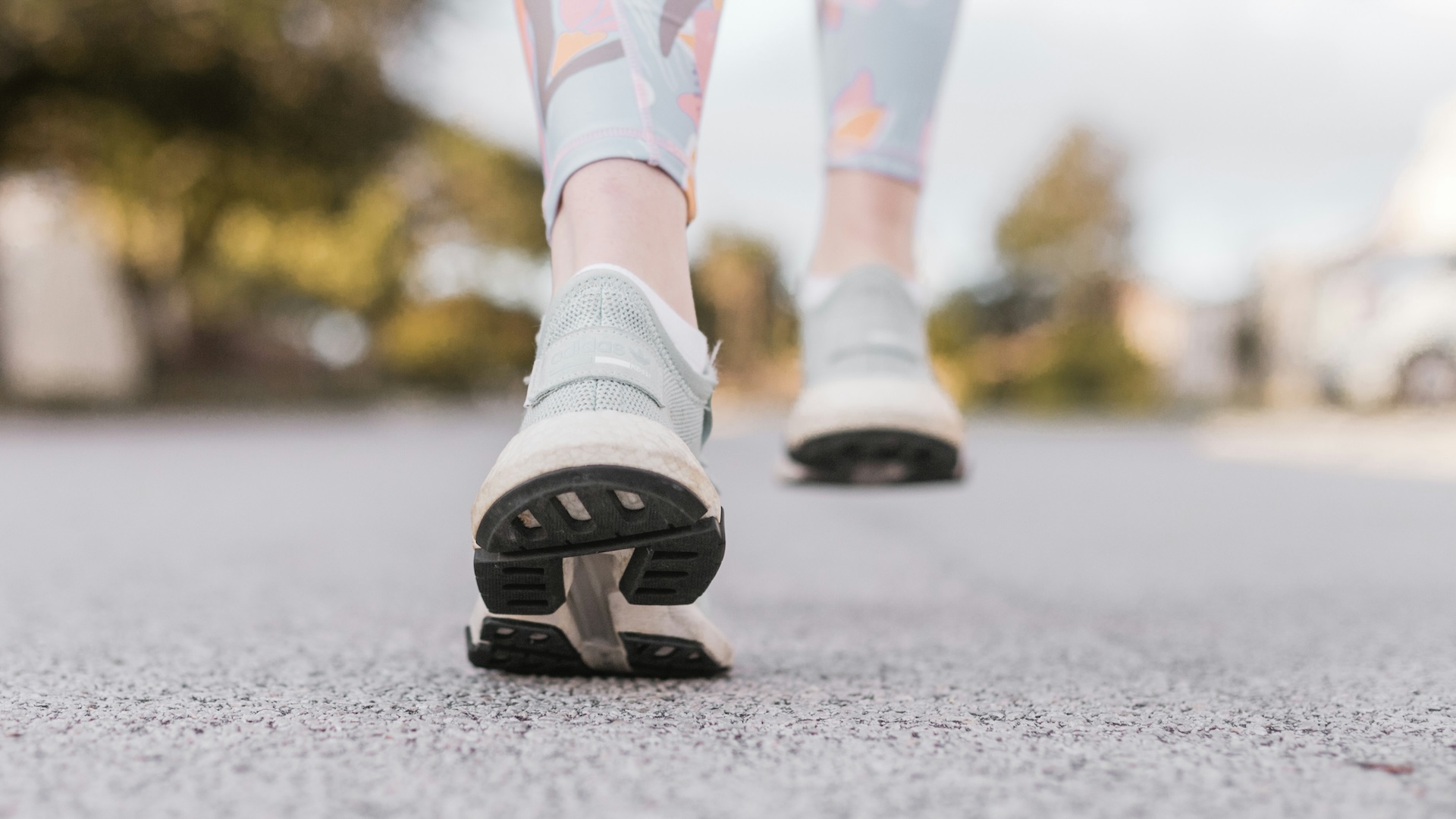
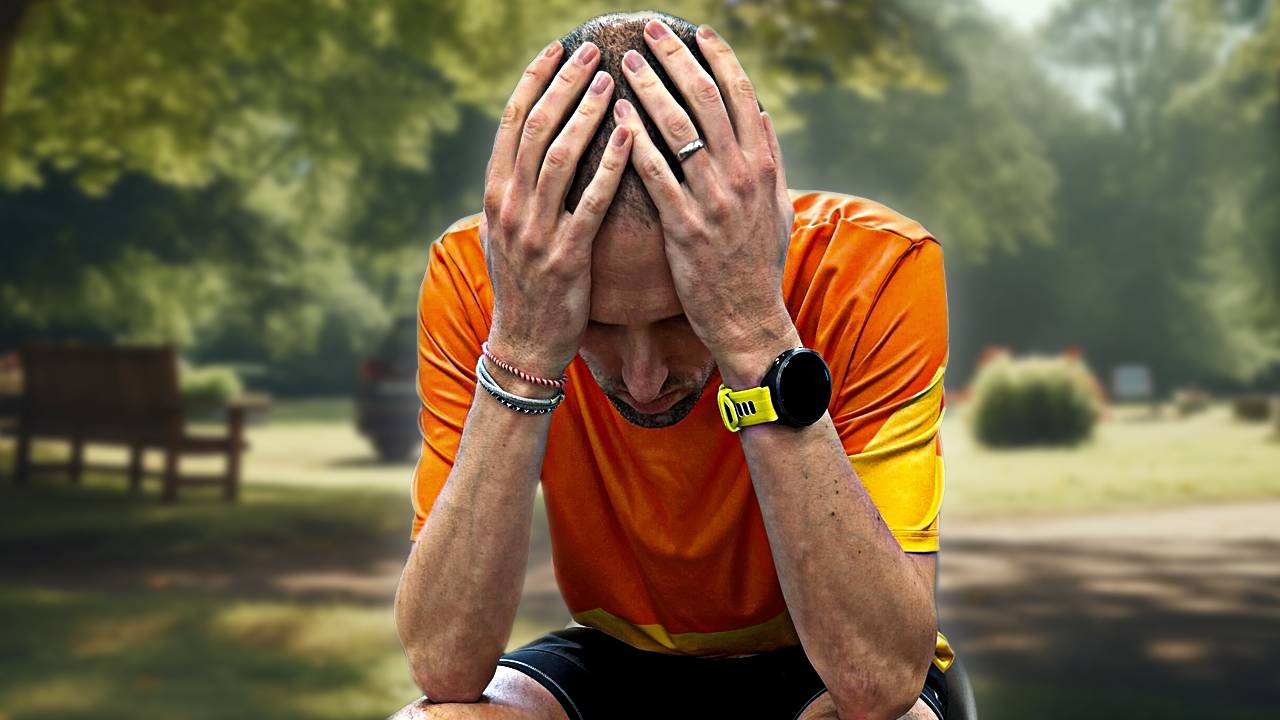

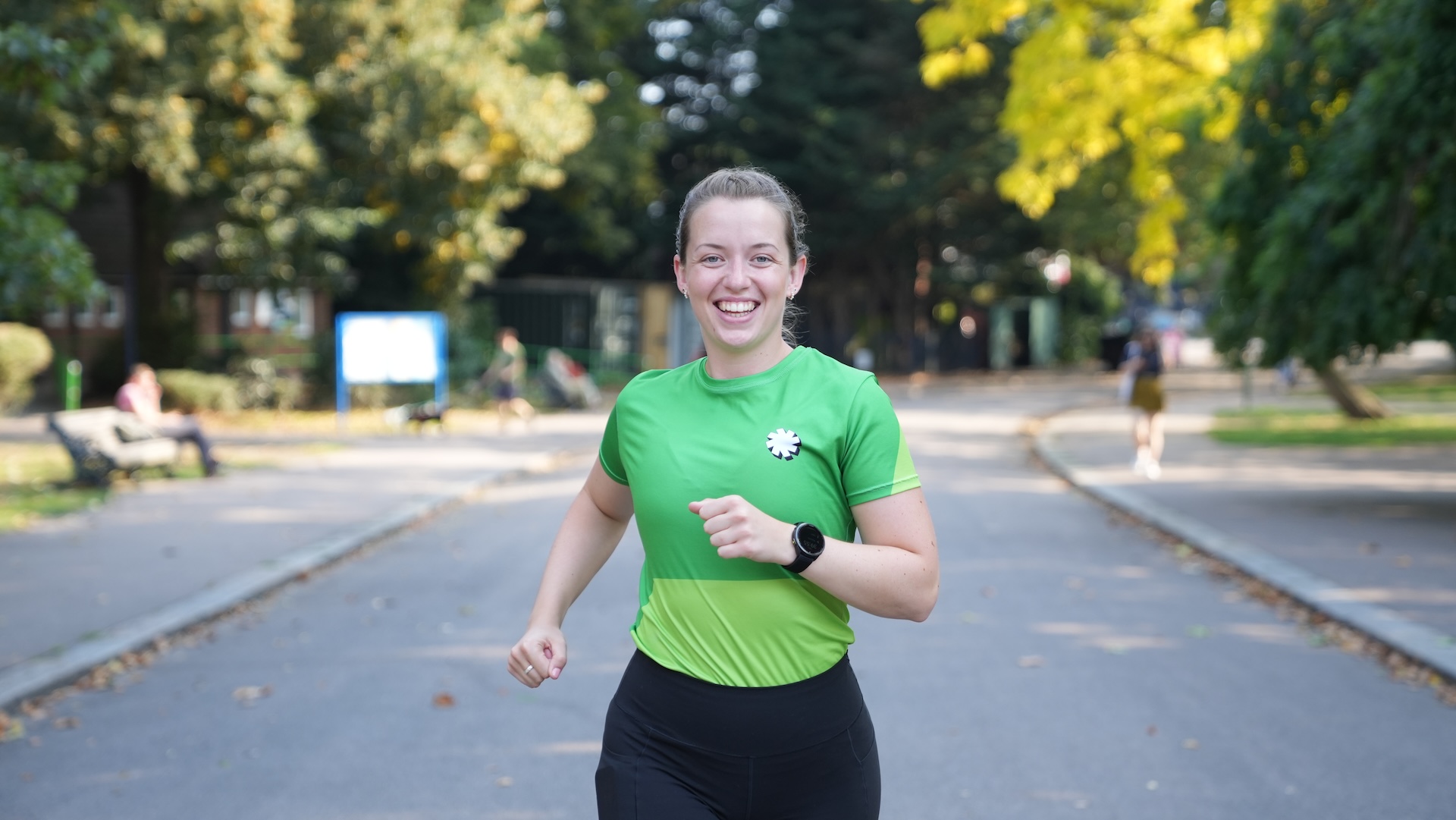




















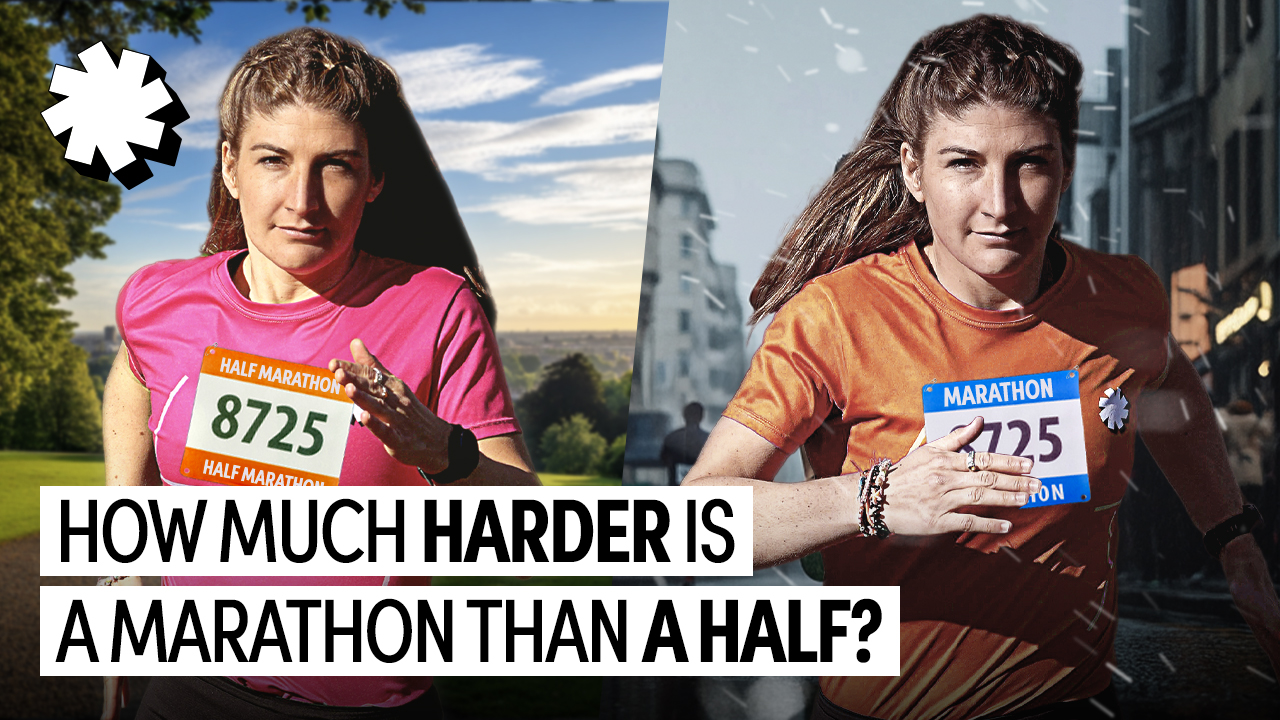

Running News
Ingebrigtsen Stars at World Athletics Indoor Championships 2025 – Plus All The Winners!
Sam Ruthe Is First 15-Year-Old To Run A Four-Minute Mile!
Eliud Kipchoge Will Run The 2025 Sydney Marathon!